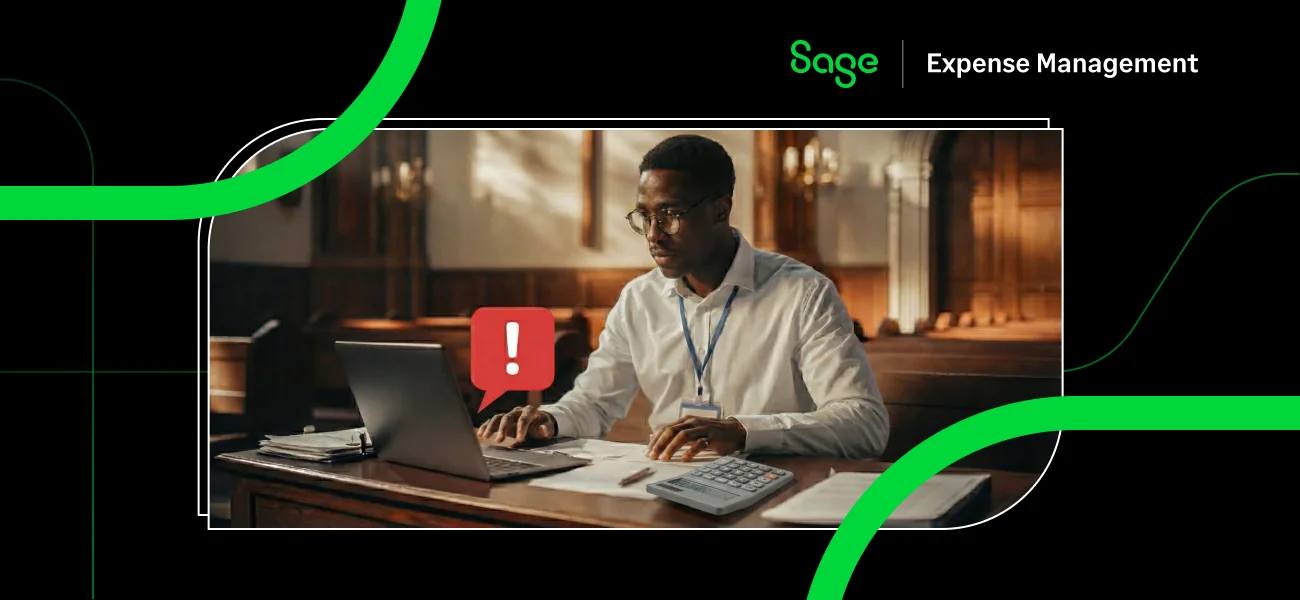The revolutionary FinTech industry has pounded the pavement for the most breakthrough innovations that were deemed pie-in-the-sky ideas a decade ago. But here we are, not just witnessing, but relishing the efficiency and functionality the financial technologies provide.
Many experts expected the FinTech “fad” to ebb after the COVID-19 crisis. But the industry has surprised everyone with its resilient prominence.
Market data forecast pegs the global FinTech market value to reach approximately $324 billion by 2026, growing at 25.18% CAGR (Compound Annual Growth Rate) over the forecast period 2022-2027.
The new products and services FinTechs create have disrupted the modern financial ecosystem. They enable enterprises to reinvent their business models and stay relevant in the competitive arena. It has practically replaced traditional financial services across significant sectors such as banking, venture capital, insurance, loans, payments, social commerce, wealth management, and more.
But the largest impact of FinTech innovations happened in one sector: e-commerce. Amidst the upsurging popularity of online shopping over brick-and-mortar stores, the evolving FinTech trends are emerging as important growth drivers for e-commerce.
This article will break down the five biggest FinTech trends e-commerce businesses must integrate into their operations to optimize their financial bottom-line in 2023.
E-commerce Fintech Trends to Look Out for in 2023
1. Cryptocurrency
If you are an e-commerce business trying to dip your toes into the cryptocurrency waters, now is as good a time as any!
For the unversed, crypto is the digital or virtual payment system that can be directly exchanged among its users for products or services.
Looking forward, crypto is rapidly infiltrating the e-commerce industry. Quite recently, Shopify joined forces with the world’s fastest growing cryptocurrency platform, Crypto.com. The integration will allow the Shopify merchants to accept crypto payments on their online store, expanding the ways for their customers to make purchases.
Amazon, on the other hand, does not accept Bitcoin directly but through Purse.io. The platform will connect with customers who want to shop on Amazon and pay in Bitcoin.
Accepting cryptocurrencies as a payment method can forge many valuable opportunities for e-commerce businesses in the future, namely:
- You can reach a broader market and appeal to forward-thinking, tech-savvy consumers.
- Typically, cryptocurrency transaction fees are lower than traditional credit cards or payment apps.
- There are few chances of fraudulent chargebacks or returns.
- The transaction happens without the middle-man or banks, and it is difficult to reverse it without the consent of both parties, enhancing its security.
2. Virtual Cards
An e-commerce business must perform financial transactions for numerous things daily. Payment for dropshipping charges, cloud-based subscriptions, platforms, and ads to name a few. This results in a diverse and scattered spending pattern. As the business grows and the number of employees increases, tracking and managing business expenses becomes even more challenging.
Sensing the e-commerce's need for safe and efficient spending control, modern FinTechs are now developing virtual card solutions. Unlike old-school physical cards, virtual cards are not linked to primary accounts. Plus, you can fix the amount deductible for each card. In addition, such cards generate a unique number for each transaction, protecting your actual account number and also making it easier for your employees to reconcile expenses made with the cards.
In 2023, we expect to see a growing number of e-commerce businesses leveraging on this trend and reaping the following benefits:
- With limited funds on balance, any unauthorized or wrongful deduction is impossible.
- You can always have your finger on the pulse of your spending.
- Minimize the risk of fraud or overspending as you can monitor employee payments in real time.
- You can allocate virtual cards to individual employees and set the budget according to their responsibilities.
3. Financing Solutions for Accelerated Payments
A consistent cash flow is critical for driving the long-term growth of an e-commerce business. It allows you to re-invest rapidly in inventory orders, shipping materials, purchasing better micro-fulfilment solutions, launching marketing campaigns, expanding product lines, and more.
However, payout delays restrict such investments, as sellers on most e-commerce platforms have to wait for at least two weeks to get paid for their sales.
Fortunately, modern FinTech software development companies are working on solving this challenge. For instance, there are companies that bring groundbreaking funding solutions for e-commerce that help sellers grow their business on an e-e-commerce platform in a friction-free manner. Moreover, they ensure that sellers have the cash in hand to take advantage of new growth opportunities without risking personal finances.
They also help sellers get a payout one business day after making a sale, which they can re-invest in when sales grow, especially during busy holiday seasons. Another solution could be to lend cash advances to the sellers in return for buying a certain percentage of their future sales upfront and at a discounted rate.
Unlike traditional loans, these FinTech solutions could get e-commerce businesses funding within 24 hours. But, of course, the approval is based on account health and sales performance.
4. BNPL
Customer financing solutions like Buy Now, Pay Later (BNPL) are taking flexible payments to a different level.
BNPL allows customers to buy a product on the spot and pay for it in installments with little to no interest. This type of payment option is generally preferred for large purchases.
Although the BNPL trend is predicted to grow in popularity in 2023, some amount of criticism cannot be denied, blaming it for youth debts. In fact, more regulations are expected to come into effect in countries such as the UK, compelling lenders to undertake affordability checks before approving loans. Governments are also looking to strengthen financial promotion rules to ensure explicit advertisements that do not mislead consumers.
Nonetheless, e-commerce businesses choosing to offer BNPL financing can drive the following impact:
- Expand sales volume and average ticket size (how much customers spend on each purchase in your online store)
- Deliver superior customer satisfaction.
- Generate more repeat and referral business.
- Provide financial inclusion to consumers who might not have access to traditional credit methods.
5. Chat Commerce
Chat commerce is about serving mobile-always customers through a channel they already use – chat. This type of digital commerce enables e-commerce businesses to transact with customers through a chat interface from anywhere in the world in real-time.
What makes chat commerce utterly convenient is that it entails the entire journey from discovering a product, placing an order, making payments, and tracking deliveries to extending support for issues.
With messaging apps becoming a preferred means of communication, another trend is gaining traction – integrating payment services into existing messaging apps such as WhatsApp and Facebook.

We expect more e-commerce brands to embrace this trend for the following reasons:
- More seamless payment and checkout experience without requiring users to leave the chat surface, download another app or access the website to re-enter the payment credentials.
- These solutions go beyond standard messaging and make eCommerce communication engaging and personalized by learning customer preferences and behavior.
Wrapping Up
In 2023 and beyond, we anticipate that the exciting FinTech trends will drive disruptive developments in e-commerce across the globe in many different ways – from payment innovations to financing solutions and everything in between. If you happen to be involved in these sectors, we recommend keeping a close eye on these key trends.



















